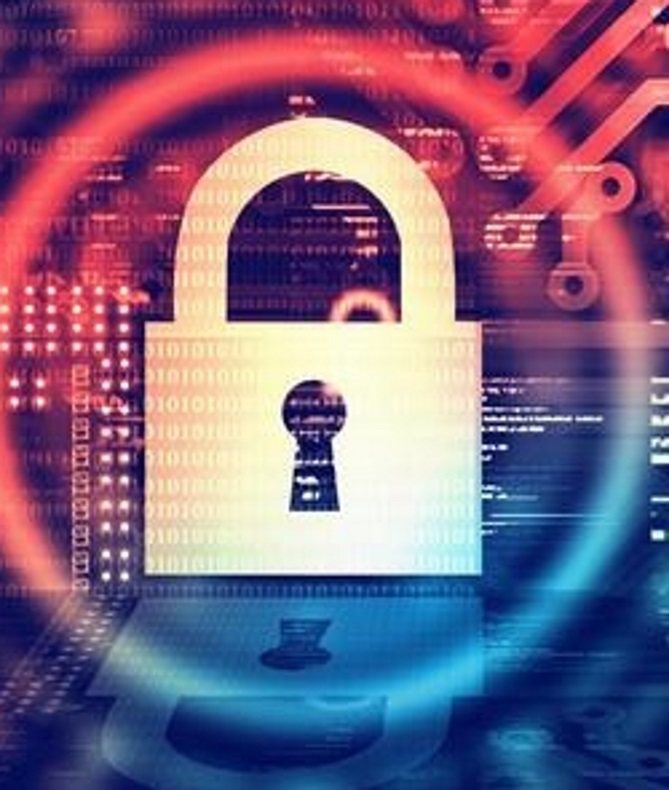One of the ways to help others is to educate everyone about staying safe on the Internet. So let’s make sure everyone knows about secure passwords and the keys to our digital empire, passwords should be closely cosseted. Password is nothing but all a cyber criminal needs to gain access to your account. Passwords are the digital keys to our networks of friends, our work colleagues, and even our banking and payment services. We want to keep our passwords private to protect our personal lives. The most important two passwords are those for your email and social network accounts. The bottom line is that a good password is all that may stand between you and a cyber criminal. There are many ways that hackers can crack your password outside of phishing attempts and spyware.
- One method is by attempting to log on to your account and guessing your password based off of personal information gained from your security questions. This is why it is extremely important not to include any personal information in your passwords.
- Another way that hackers can attempt to gain access to your password is via a password cracker. A password cracker uses brute force by using multiple combinations of characters repeatedly until it gains access to the account. The shorter and less complex your password is, the quicker it can be for the program to come up with the correct combination of characters.
In order to avoid being a victim of these kinds of hacks, we’ve combined a collection of Do’s and Don’ts on how to choose a secure user password.
- Never use commonly used passwords.
- Do use a combination of uppercase and lowercase letters, symbols and numbers.
- Do use Two-Factor Authentication (2FA) whenever possible. 2FA adds another layer of security.
- Do make sure your user passwords are at least eight characters long. The more characters and symbols your passwords contain, the more difficult they are to guess.
- Don’t use a solitary word in any language. Hackers have dictionary-based systems to crack these types of passwords. If you insist on using a word, misspell it as much as possible, or insert numbers for letters. For example, if you want to use the word “chocolate” you can change it to CH0c0L@t3!
- Don’t use a derivative of your name, the name of a family member or the name of a pet. In addition to names, do not use phone numbers, addresses, birthdays or Social Security numbers.
- Don’t use the same password across multiple websites. If remembering multiple passwords is an issue, you can use a password manager (let you create a different very strong password for each of your sites).
- It is recommended to use abbreviated phrases for passwords. You can choose a phrase such as “I want to go to England.” You can convert this phrase to an abbreviation by using the first letters of each word and changing the word “to” to a number “2.” This will result in the following basic password phrase: iw2g2e.
- Don’t write your passwords down, share them with anyone or let anyone see you log into devices or websites.
- Do change your passwords regularly.
- Do log out of websites and devices when you are finished using them.
- Don’t answer “yes” when prompted to save your password to a particular computer’s browser.

